Upcoming Events

2025 Virtual Dissertation Camp
Wednesday, May 28, 2025 9:00am to 1:00pm
The Writing Center's Dissertation Writing Camp takes place via Zoom from Tuesday May 27 to Friday June 6. Graduate students from colleges and departments across campus meet in facilitated discussion groups, write together, track their progress on blogs, meet individually with Writing Center consultants, and attend presentations on dissertation-related topics. Events include presentations from staff in the UI Libraries, the Graduate College, and Student Health about resources to support graduate...

2025 Virtual Dissertation Camp
Thursday, May 29, 2025 9:00am to 1:00pm
The Writing Center's Dissertation Writing Camp takes place via Zoom from Tuesday May 27 to Friday June 6. Graduate students from colleges and departments across campus meet in facilitated discussion groups, write together, track their progress on blogs, meet individually with Writing Center consultants, and attend presentations on dissertation-related topics. Events include presentations from staff in the UI Libraries, the Graduate College, and Student Health about resources to support graduate...

2025 Virtual Dissertation Camp
Friday, May 30, 2025 9:00am to 1:00pm
The Writing Center's Dissertation Writing Camp takes place via Zoom from Tuesday May 27 to Friday June 6. Graduate students from colleges and departments across campus meet in facilitated discussion groups, write together, track their progress on blogs, meet individually with Writing Center consultants, and attend presentations on dissertation-related topics. Events include presentations from staff in the UI Libraries, the Graduate College, and Student Health about resources to support graduate...

2025 Virtual Dissertation Camp
Monday, June 2, 2025 9:00am to 1:00pm
The Writing Center's Dissertation Writing Camp takes place via Zoom from Tuesday May 27 to Friday June 6. Graduate students from colleges and departments across campus meet in facilitated discussion groups, write together, track their progress on blogs, meet individually with Writing Center consultants, and attend presentations on dissertation-related topics. Events include presentations from staff in the UI Libraries, the Graduate College, and Student Health about resources to support graduate...
Pagination
Spacer
Upcoming Application Deadlines
Upcoming Application Deadlines
News
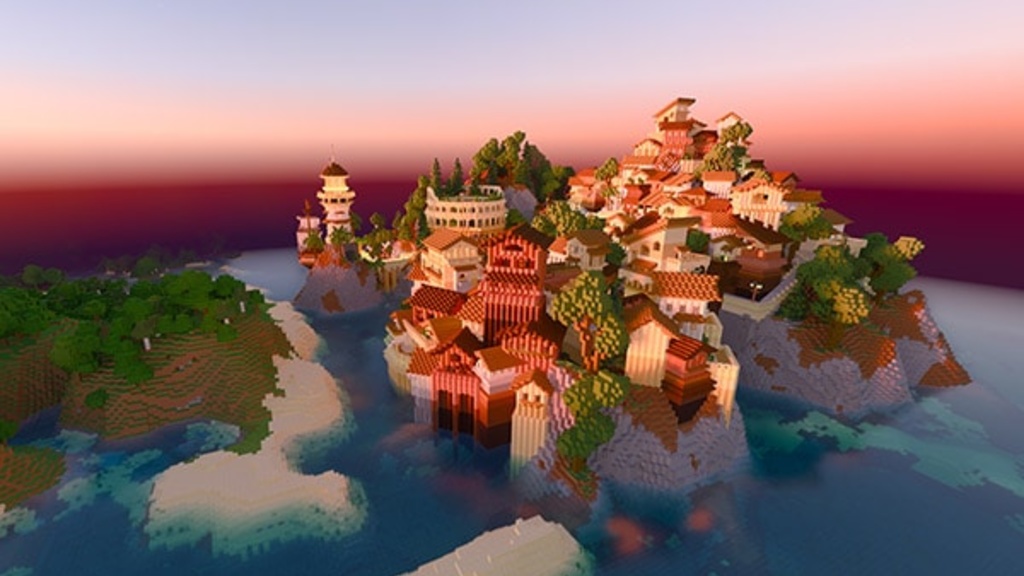
Book Ends with Chris Goetz
The Books Ends—Obermann/OVPR Book Completion Workshop has provided support for more than a dozen University of Iowa scholars to host working conversations about their manuscripts in process. Intended for faculty from disciplines in which publishing a monograph is required for tenure and promotion, the award brings two senior scholars to campus (or to our virtual campus) for a candid, constructive, half-day workshop on the faculty member’s book manuscript. Two senior faculty members from the UI are also invited to participate as an opportunity to learn about and support the work of a colleague.
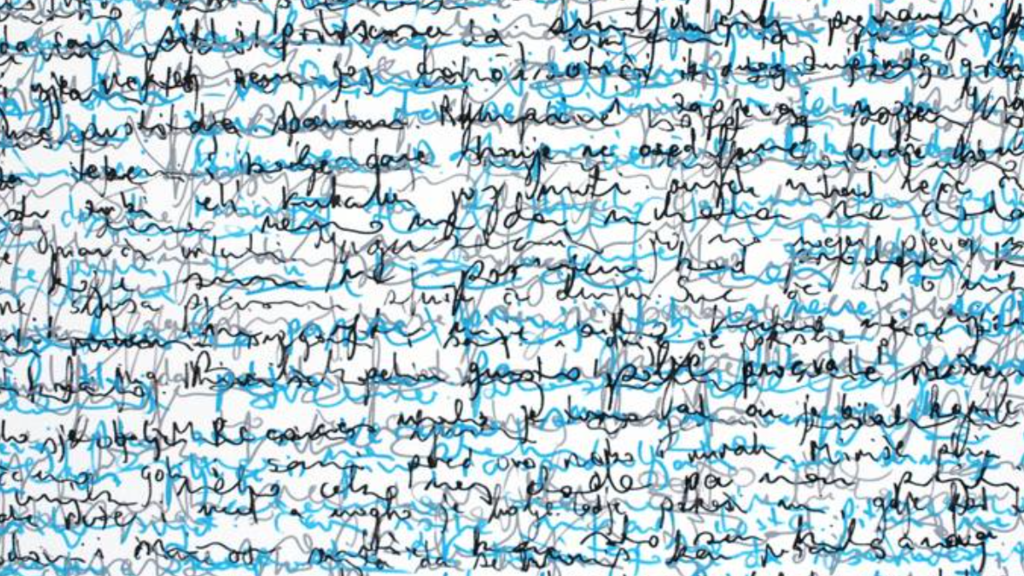
We want to better understand what you need to re-engage in your work.
In a January 19, 2022 Chronicle of Higher Ed opinion piece, “The Great Faculty Disengagement,” Kevin McClure and Alisa Hicklin Fryar observe that in response to the grief, losses, inequities, and violence caused and exposed by COVID, some people are resigning, but many more are disengaging. In their research, they found that “people need to feel safe, valued, and confident that they have the resources to do their jobs.” These are the essential “conditions for people to flourish.” In the absence of these conditions, we see “less creativity, less risk-taking,” fewer “big and bold projects,” and a diversion of passion, energy, and leadership to spaces where people can find meaning in their work.
We have put together the following survey as one method for gathering the ideas and reflections of members of our campus. We hope you’ll find a few moments to share your thoughts with us about the work of the Obermann Center—even as we continue to wrestle with health, environmental, and social justice crises. We promise to pay careful attention to your thoughts about what we as a Center are doing well, and what we can do better to support research on our campus more inclusively and equitably.
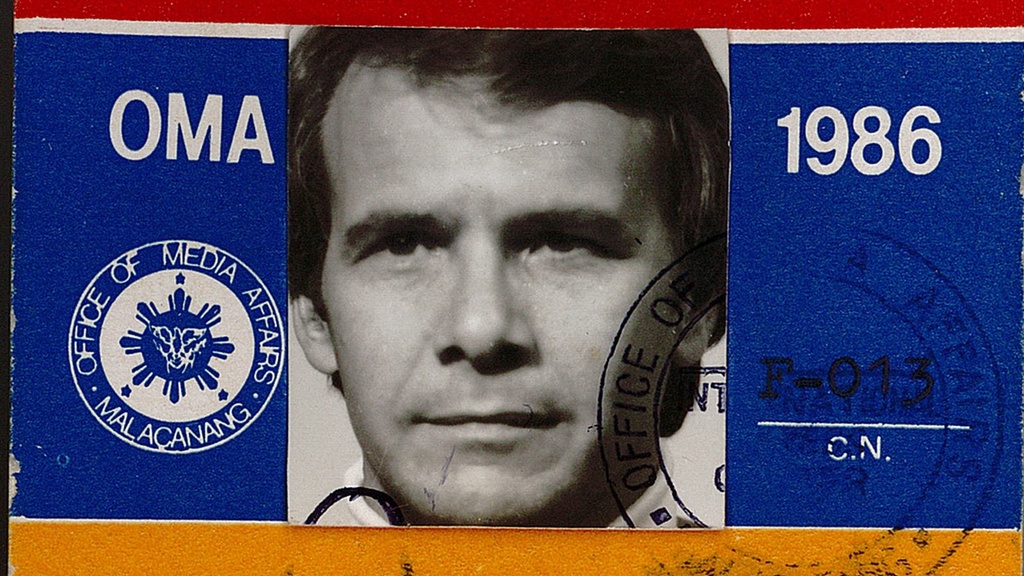
HPG Intern Brings Brokaw Press Passes to Life
In 2016, journalist Tom Brokaw donated his papers to The University of Iowa Libraries Special Collections and Archives. The collection includes notes and drafts for several of Brokaw's books (including from his best-known work, The Greatest Generation), letters from heads of states and other media figures, photographs, awards, and appointment calendars.
Librarian Liz Riordan spent hours untangling the press passes that arrived in an old Pan-Am bag. Amongst the many boxes of papers was a worn blue Pan-Am bag that had a handwritten note on its side: “Trove of press passes.”
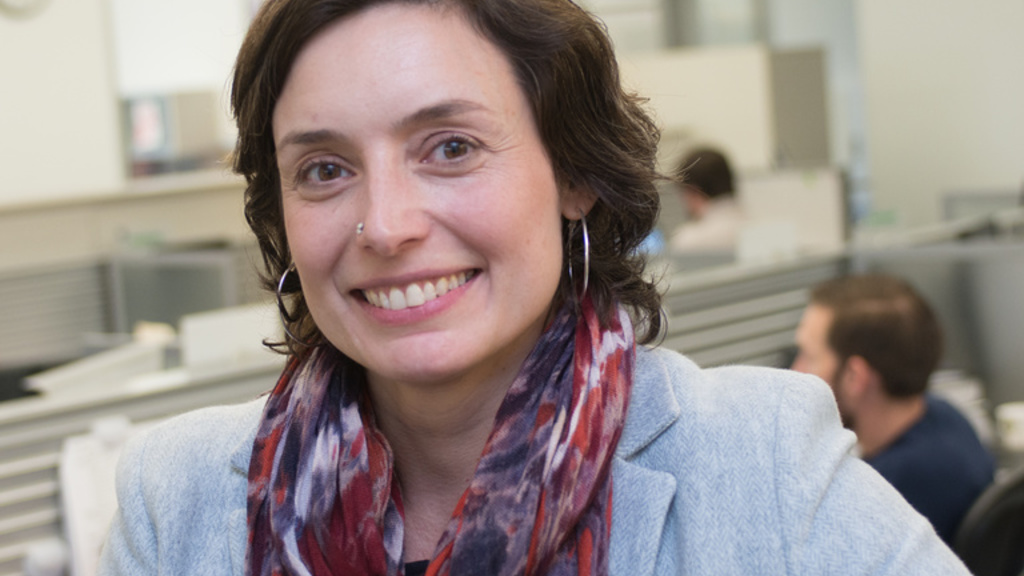
Beyond Times New Roman: Daria Fisher Page makes the case for visual advocacy in law school
In the U.S., where the terms "lawyer" and "attorney" refer to a legal professional, it can be easy to forget that "advocate" is the term more widely recognized across cultures. The word comes from Roman law and the Latin "advocatus," “one called to aid (another); a pleader (on one’s behalf).” The training of advocates also goes back to the Roman Republic, when it was deemed useful to have people outside the priesthood trained in rhetoric and reasoning.
To this day, law students receive extensive training in oral and written advocacy. During three intensive years, they are taught how to make clear and concise arguments in both formats. But what about communication through images? Daria Fisher Page, a professor in the UI College of Law and a Fall 2021 Obermann Fellow-in-Residence, believes that today’s legal professionals also need training in visual advocacy.
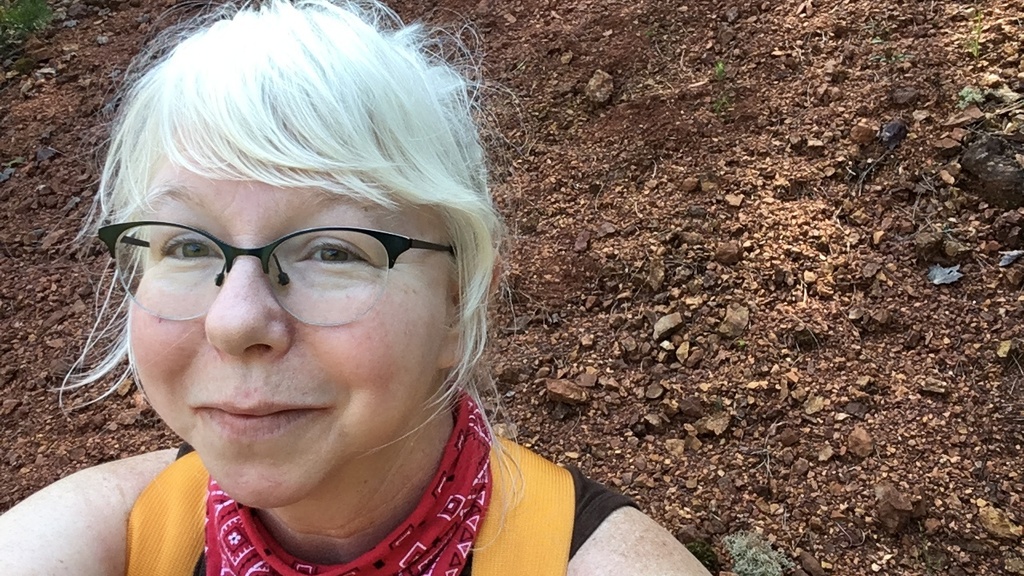
Searching for Red with Margaret Beck
An anthropological archaeologist, Margaret Beck is continually searching—sometimes physically, for artifacts or geological samples, but always intellectually—to understand how people once lived, how they prepared and served food, taught and learned craftwork, used local resources, moved within their landscapes, and spread their traditions. Currently, she’s studying red-painted archeological ceramics and iron-rich geological samples to discover how Native peoples created and applied the color red in the central United States. The answers aren't always easy to find centuries later.
"Throughout Native North America," says Beck, Associate Professor of Anthropology and a Fall 2021 Obermann Fellow-in-Residence, "red is a powerful, strong, and often sacred color.” Indigenous people in the Midwest and Great Plains used red paint for daily grooming, to ornament household objects, and to make the mundane sacred in religious ceremonies. When Beck moved to Iowa in 2007 and began looking at archeological ceramics from Iowa and Illinois, she noticed that their red pigments differed from those found in archeological sites elsewhere in North America. The red coatings (paints or slips) were often thinner and more powdery, with lighter or more yellow shades of red. Beck surmised that these differences were due to regionally distinct raw materials and pigment application techniques—but this was something she’d have to find out for herself. "In the Great Plains and the American Bottom, I found that this was an overlooked subject," she says. "Scholars know relatively little about sources of red pigment or ochre there"—in contrast to, say, chippable stone, the location of which has been widely studied in the region.
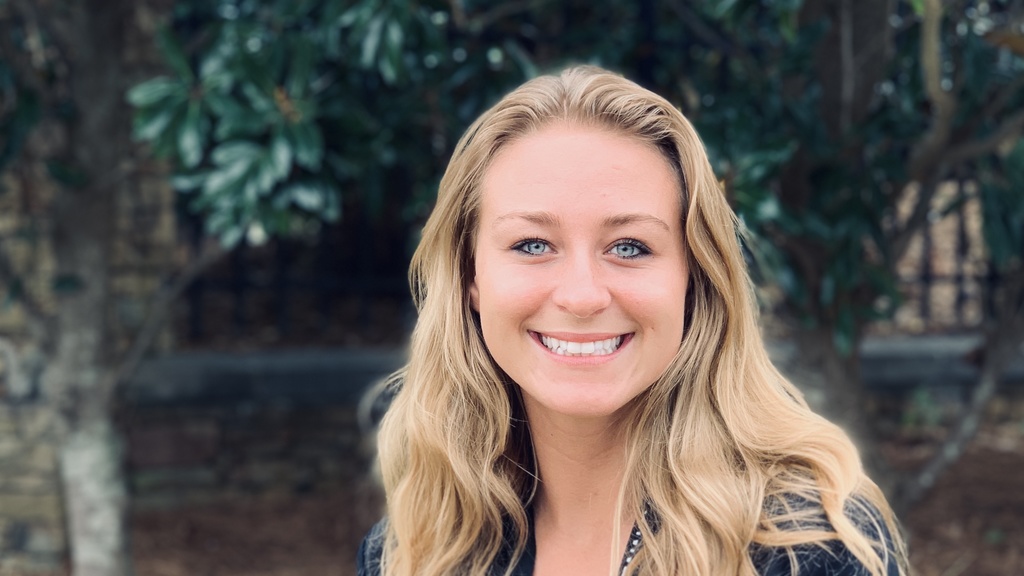
Hannah Baysinger Discovers “Next”
Hannah Baysinger had forty-eight hours to leave Paraguay. She had been in the South American country as a Peace Corps volunteer for just six months when the pandemic forced her and other volunteers to leave at the end of March 2020. “I was on the last commercial flight out of Paraguay, and one of the last out of South America,” says Baysinger of the sudden departure she made from a place she intended to call home for two years.
Pagination








